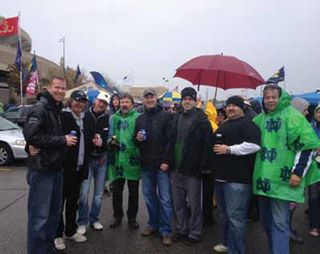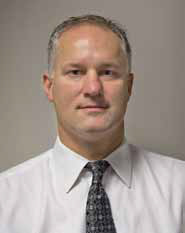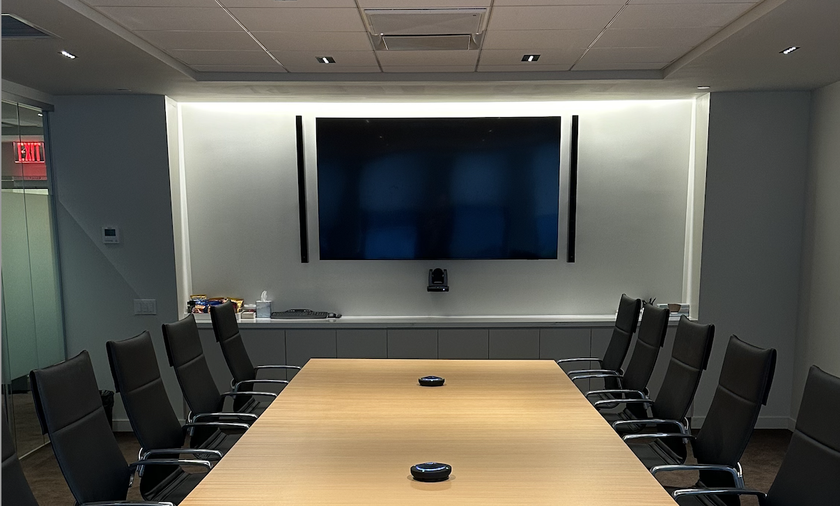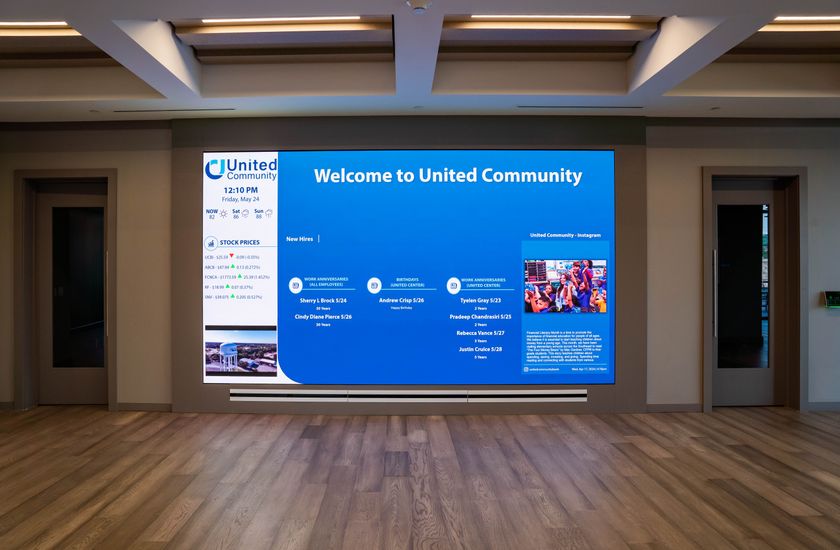Quick Bio
NAME: Scott Robbins
TITLE: Executive Vice President of Sales
OVERTIME: Robbins harks back to his application engineering roots as he endeavors to make sure Harman has the right products in the right place at the right time and at the optimal price points.
SCN: When did you first discover an interest in engineering?
Scott Robbins: I always had an interest in electronics and was continually dismantling and rebuilding television sets, radios, and cassette players at home. I went to college to study electronics and paid my own way by working three part-time jobs: one in a restaurant, another in a cinema, and the third as parttime installer with Commercial Audio Systems in Chesterton, northern Indiana. We worked on PA systems and background music systems for churches, banks, retail outlets, and offices.
When I graduated college, I knew that I wanted to make my career in systems integration and audio technology, so I looked for local manufacturers. Crown was the obvious and leading choice. I applied there to be a technician and got the job. Over time, I made the move into application engineering and then into sales.
SCN: How did you translate your engineering background into a career in audio?
SR: The shift from pure engineering into application engineering meant that I had the opportunity to interact with customers and I really enjoyed that. I got to see how technology was deployed in the field and learn about the challenges that customers typically faced. It was tremendously satisfying to solve their technology problems and it gave me great insight into how our products impacted and supported the customers’ business.

Robbins and the team from PA Plus took in a Notre Dame game.With the technology background in hand and an increasing participation in the business of audio, I looked to grow more on the sales side and gained an opportunity to lead sales for Crown’s western region, followed by some time leading eastern regional sales for Bose and then back to Crown as national sales manager and worldwide head of sales.
In each role, I have learned a lot and made some great friends and business relationships. The background in engineering gave me credibility that helps me today. I also enjoy music very much and I consider it a great blessing to be able to work in a business that is comprised of dedicated, passionate, intelligent people creating systems that advance learning, entertainment, and communication.
SCN: Having been in sales with Harman for 12 years, and Crown before then, how have customer demands shifted over the years?
SR: I think the most striking development has been the depth of knowledge and technology expertise in the marketplace. Customers have access to more information than ever before possible and, as a result, they’ve become better informed, more discerning and more demanding. This is a good thing.
SCN: In your new position as executive vice president of sales, what initiatives will you be undertaking?
SR: Blake Augsburger (Harman Professional president) has challenged us all to make it easier for customers to do business with Harman. There have been speed-bumps along the way but now we have the IT infrastructure, the product development platform, and the team in place to make sure that Harman has the right products in the right place at the right time and the optimal price points. I’ll be pushing that mandate hard and I think I have a unique perspective on it that resonates back to my days as an applications engineer.
SCN: What can customers expect from Harman in the near future?
SR: Systems integrators can expect Harman to offer more new products than the market has seen in quite a while. Just as the rate of new products will increase, you can also expect deeper integration not just at the component level but at the user level, where we’ll make the complex, high-performing systems more accessible and simpler to operate. This will enable integrators to sell more systems to new customers and not have to worry about operator training or errors. It will also enable systems integrators to run more efficient operations—no longer will they need to train technical staff on five or six different programming languages. There’s just one to learn (Audio Architect) and because of the templates, control panels, and user levels, staff engineers can be deployed much more efficiently.
Chuck Ansbacher is the managing editor of SCN.










